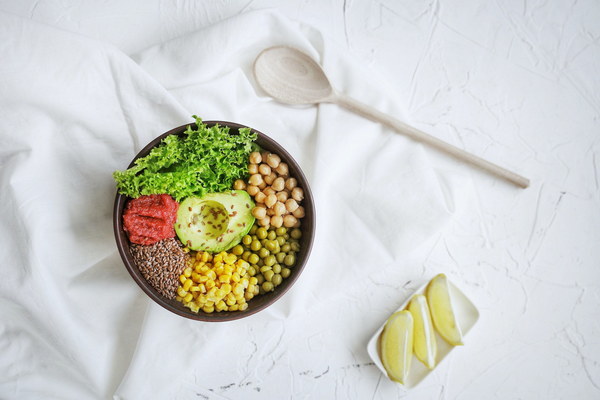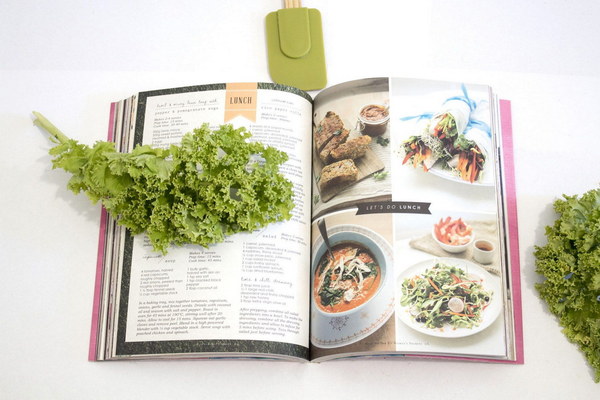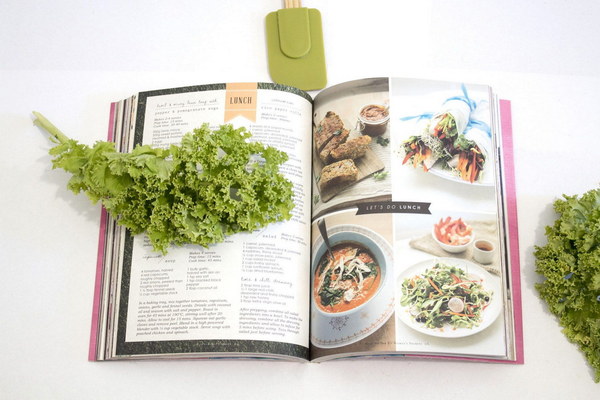Does Drinking Herbs for Spleen and Stomach Nourishment Really Work
Introduction:
The traditional Chinese medicine (TCM) has been around for thousands of years, offering a holistic approach to health and wellness. One of the key aspects of TCM is the concept of balancing the body's internal organs, particularly the spleen and stomach. Many people turn to TCM for remedies to nourish their spleen and stomach, but does drinking these herbs really work? Let's explore the evidence and shed some light on this topic.
1. Understanding the Spleen and Stomach in TCM:
In TCM, the spleen and stomach are considered vital organs responsible for digestion, absorption, and transportation of nutrients. They are also crucial in the production of blood and the regulation of the immune system. When these organs are not functioning optimally, various health issues may arise, such as digestive disorders, fatigue, and weakness.
2. Herbs Used for Spleen and Stomach Nourishment:

Several herbs are commonly used in TCM to nourish the spleen and stomach. Some of the most popular ones include:
- Astragalus (Huang Qi): Known for its immune-boosting properties, Astragalus is believed to strengthen the spleen and improve digestion.
- Codonopsis (Dang Shen): This herb is used to boost energy, improve digestion, and enhance the body's resistance to illness.
- Licorice (Gan Cao): Often used as a harmonizing agent in TCM formulas, Licorice helps to soothe the stomach and reduce inflammation.
- Poria (Fu Ling): Poria is known for its ability to remove dampness from the body, which is often associated with spleen and stomach imbalances.
3. The Evidence for Effectiveness:
While the effectiveness of TCM herbs for spleen and stomach nourishment is not yet fully understood in the Western medical community, some studies have shown promising results. Here are a few key points:
- A study published in the Journal of Ethnopharmacology found that Astragalus extract improved the digestive function and immune response in mice.
- Another study published in the Chinese Journal of Integrative Medicine showed that Codonopsis extract enhanced the absorption of nutrients in rats.
- Research published in the Journal of Traditional Chinese Medicine indicated that Licorice and Poria, when combined, could improve the symptoms of chronic digestive disorders in humans.
4. Considerations and Precautions:
It is essential to note that the effectiveness of TCM herbs may vary from person to person. Here are some considerations and precautions to keep in mind:
- Consult a qualified TCM practitioner before starting any herbal treatment to ensure it is appropriate for your specific condition.
- Be aware that some TCM herbs may interact with other medications or have side effects.
- While TCM herbs may help alleviate symptoms, they should not replace conventional medical treatment for severe conditions.
Conclusion:
Drinking TCM herbs for spleen and stomach nourishment may provide some benefits for individuals with mild to moderate imbalances. However, it is crucial to approach these remedies with caution and seek professional guidance. While research continues to explore the effectiveness of TCM herbs, it is clear that these ancient remedies hold promise in the realm of holistic health and wellness.









